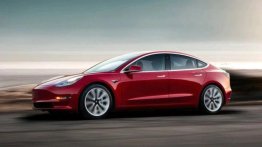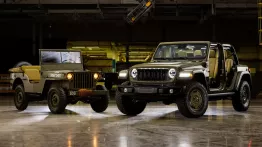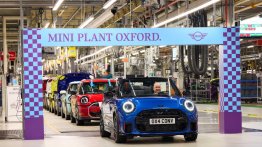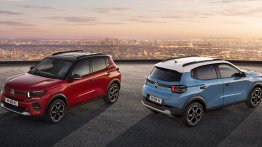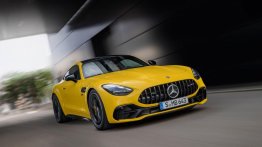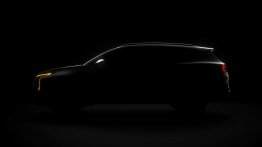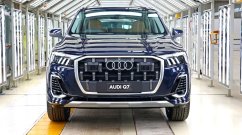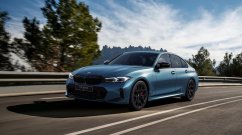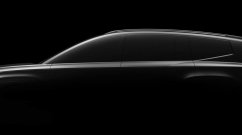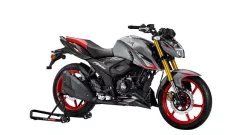By 2030 Volvo plans to sell only fully electric cars and by 2040 it aims to be a climate-neutral company. That clear roadmap towards all-out electrification represents one of the most ambitious transformation plans of any legacy car maker.
To underline its commitment to those ambitions, at Climate Week NYC, Volvo announced the end of production of all diesel-powered Volvo Car models by early 2024. In a few months from now, the last diesel-powered Volvo car will have been built, making Volvo Cars one of the first legacy car makers to take this step.
This milestone follows Volvo's decision last year to exit the development of new combustion engines. In November of 2022 Volov sold its stake in Aurobay, the joint venture company that harboured all of our remaining combustion engine assets. Volov is no longer spending a single krona of its R&D budget on developing new internal combustion engines.
Volvo's decision to completely phase out diesels by early 2024 illustrates how rapidly both the car industry and customer demand are changing in the face of the climate crisis. Only four years ago, the diesel engine was Volvo's bread and butter in Europe, as was the case for most other car makers. The majority of cars it sold on the continent in 2019 were powered by a diesel engine, while electrified models were only just beginning to make their mark.
That trend has largely inverted itself since then, driven by changing market demand, tighter emission regulations as well as Volvo's focus on electrification. The majority of its sales in Europe now consists of electrified cars, with either a fully electric or plug-in hybrid powertrain.





